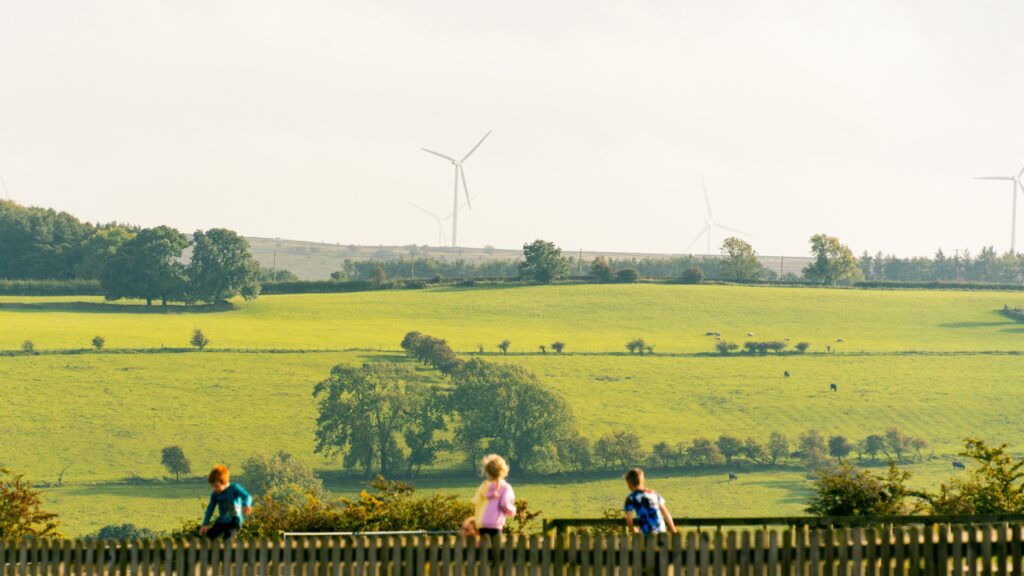Governing Energy Communities
Good governance must sit at the heart of local energy initiatives.
Energy communities are emerging as an innovative and participatory solution to the challenges of the energy transition. They open the door to new and decentralised models that promote sustainability, local resilience, and the democratisation of energy access, enabling citizens, local businesses, and public authorities to collaborate in producing, managing, and consuming renewable energy.
However, good governance is key for these initiatives to thrive and be sustainable over time. The COMANAGE project aims to provide the necessary tools to foster good governance and help energy communities overcome challenges and barriers.
Governance refers to the rules, processes, and structures through which collective decisions are made while ensuring the fair and transparent participation of all actors involved. This ethos is central to energy communities, which must harmonise different interests, capacities, and perspectives, all while fostering trust and respect without leaving anyone behind.
From a social perspective, good governance ensures that all community members have a voice and a vote in decision-making, from the initial design of a project to its daily management. This strengthens a sense of ownership, belonging, and commitment and improves the quality of decisions by incorporating different perspectives. Moreover, good governance models secure clear mechanisms for accountability and transparency, which help prevent conflicts, misunderstandings, and potential abuses of power in the long run.

Part of the philosophy behind energy communities is to include all social sectors, leaving no one behind and making renewable energy accessible to everyone. Historically, vulnerable sectors of society have had limited access to energy compared to more affluent sectors of society. This is true also when it comes to sustainable energy innovations.
Good governance, then, can play a key role in undoing structural hurdles by guaranteeing inclusive and active participation of vulnerable groups, ensuring they are not left out of the process or the social and economic benefits they generate.
Such models also facilitate the technical and financial management of an energy community. They ensure clear role allocation, strategic planning, risk assessment, and the ability to adapt to external changes (such as shifts in public policy or energy market prices). All of this depends on how the community is organised and coordinated.
Furthermore, good governance is essential for building partnerships with external factors such as public institutions, financial entities, or other relevant organisations. Well-organised energy communities can have greater credibility and negotiating capacity, translating into access to grants, investments, or advantageous agreements.
Governance sits at the heart of any successful energy community initiative. The COMANAGE project intends to share knowledge with new and existing initiatives so they can include participatory, inclusive, and transparent processes from the beginning. By doing this, energy community projects can empower citizens, promote energy justice, and effectively contribute to the decarbonisation of our societies.